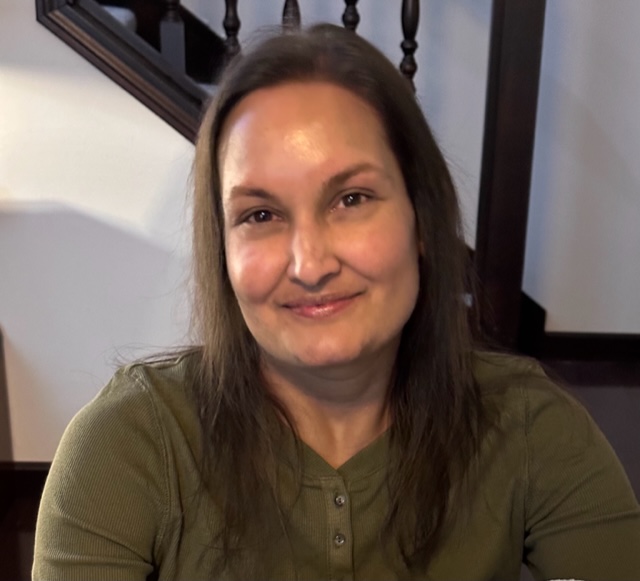

This story was told to CreakyJoints by Rekha Sreedhara, 41, a Senior Public Health Consultant in the Boston area. She lives with systemic lupus erythematosus (SLE), discoid lupus, thrombotic thrombocytopenia purpura, and pulmonary arterial hypertension. Rekha created the platform Living Lupus Together to offer support for others living with lupus.
Hair loss is my number-one symptom when I am in a lupus flare. In 2001, at the age of 19, I was diagnosed with systemic lupus erythematosus (SLE). No one told me about the possibility of hair loss. I started losing my hair just three months after my initial diagnosis. My hair grew back but it was short-lived. It fell out again…and again, it was a cycle. Hair loss has been documented in up to 85 percent of people with SLE.
Carrying the Weight of Chronic Conditions Alone
When I was first diagnosed, I felt alone. I didn’t really know anyone else who had lupus besides a former coworker who did not talk about their condition much. For 20 years, I never talked with anyone else who had been diagnosed with lupus. I had no idea where to find people like me. These online communities are like the biggest secret. Finding a community of people with my same diagnosis was life-changing.
Finding Answers
No one told me there were communities of people online and so much support out there.
Whenever I have a question about something, I reach out to my doctor to ask. The nurses know me based on my voice now because I’ve called so many times seeking answers. I am able to email or send a message to my doctor and get a response that way too. I purposely don’t search my symptoms on the Internet because that can lead to thinking the worst.
I’ve tried everything including corticosteroid injections, Prednisone, Rogaine, the JAK inhibitor tofacitinib, oils, rosemary water — you name it. I’m not looking for someone to fix my condition so it’s better not to say anything at all than to give unwarranted advice.
Finding Community Support
For over 20 years I lived alone with lupus. A year ago, on World Lupus Day, I decided to go on social media. I started my Instagram page Living Lupus Together where I create posts and reels to share about living with lupus. Since that day, I’ve talked about living with lupus on podcasts, with patient advocacy organizations, and I’ve been part of many research studies focused on chronic illness, lupus, and pulmonary arterial hypertension.
Extending Empathy and Reliable Outreach
Building upon my passion for support and advocacy, I am currently a patient advisor board member for the HEROES [Health Education + Reliable Outreach + Empathetic Support] program initiated by the Global Health Living Foundation. This program aims to educate a new set of community health ambassadors: salons. By providing salons with information and empathy training, we can stop stigma and provide much-needed support to individuals with skin and scalp conditions.
A Plea for Improved Salon Experiences
I must confess that I have not been to a salon to get my hair professionally done in many years during my lupus journey. I don’t even remember the last time I went to get my hair washed and cut at a salon. My past experiences at salons were anything but gentle. I’ve had my hair pulled and yanked by someone using a brush so roughly it hurt my scalp and caused trauma to my hair. The water temperature was so hot it would burn my scalp.
To improve the experience for clients, it is best if hair stylists ask their clients questions before touching their hair. It would be great if we could educate people in salons, but also at the cosmetology schools, about how to have a conversation with clients before they begin brushing and washing their hair. The client may not want that.
Here are some suggested questions that hair stylists can ask to make a hair appointment more comfortable for their clients:
- Do you want your hair washed or do you prefer I cut it dry?
- Is the temperature of the water good? Do you want it cooler or hotter?
- What setting is best for blow-drying your hair? Is the highest setting too hot?
Join GHLF’s HEROES Program
GHLF invites you to make a difference in your community with our FREE and unique program called HEROES (Health Education + Reliable Outreach + Empathetic Support). HEROES is a FREE education and outreach initiative that equips beauty professionals to better support clients living with scalp and other skin conditions and offers people living with skin and scalp conditions helpful resources and information on getting a proper diagnosis, managing symptoms, and becoming an empowered patient. To learn more, visit GHLF.org/HEROES today.





